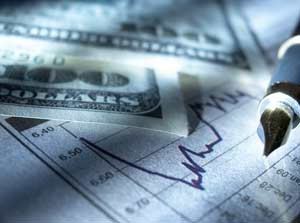
Futures Contracts:
Futures contracts are agreements to buy or sell in the future a specific quantity of a commodity at a specific price.
Most futures contracts contemplate actual delivery of the commodity can take place to fulfill the contract. However, some futures contracts require cash settlement in lieu of delivery, and most contracts are liquidated before the delivery date.
An option on a commodity futures contract gives the buyer of the option the right to convert the option into a futures contract.
Futures and options must be executed on the floor of a commodity exchange — with very limited exceptions — and through persons and firms who are registered with the Commodity Futures Trading Commission (CFTC).
Who Uses Futures and Options Markets?
Most of the participants in the futures and option markets are commercial or institutional users of the commodities they trade.
These users, most of whom are called “hedgers,” want the value of their assets to increase and want to limit, if possible, any loss in value.
Hedgers may use the commodity markets to take a position that will reduce the risk of financial loss in their assets due to a change in price.
Other participants are “speculators” who hope to profit from changes in the price of the futures or option contract.
Futures Market Surveillance:
To ensure the financial and market integrity of the futures markets, the USA Commodity Futures Trading Commission (CFTC) reviews the terms and conditions of proposed futures and option contracts.
The CFTC conducts daily market surveillance and, in an emergency, can order an exchange to take specific actions or to restore orderliness in any futures contracts being traded.









